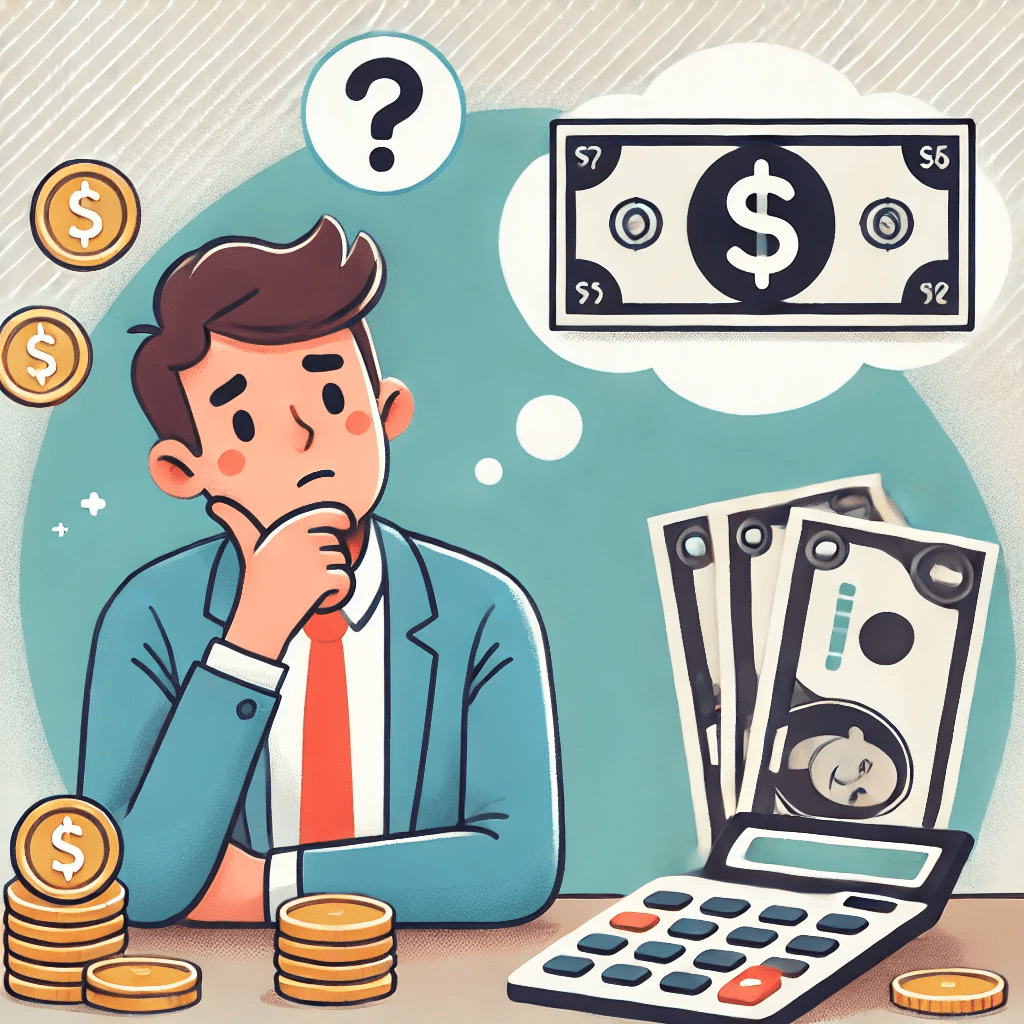How Much Money Do You Need to Start Trading?
Table of Contents
Toggle
If you’re thinking about getting into trading, one of the first questions that comes to mind is: How much money do I need to start trading? The answer depends on the market you want to trade, your financial goals, and your risk tolerance. In this guide, we’ll break down the factors that determine the amount you need and provide insights to help you get started.
Key Factors That Influence Your Starting Capital
1. The Market You Choose
Different markets have different capital requirements. Here’s a quick overview:
- Forex Trading:
Many brokers allow you to start with as little as $100, thanks to leverage. However, a balance of $500 to $1,000 is more realistic for effective risk management. - Stock Trading:
For day trading stocks, U.S. regulations require a minimum of $25,000 in your account. If you’re swing trading, you can start with less, but $2,000–$5,000 is recommended. - Crypto Trading:
Cryptocurrencies have no strict minimums, and you can begin with as little as $10. That said, starting with $500–$1,000 allows for diversification and better risk management. - Futures Trading:
Futures contracts often require higher margins, with brokers asking for $500–$5,000 per contract.
2. Your Trading Goals
Are you aiming for steady growth or high returns? Your goals will influence how much you should invest. For example:
- If you’re looking to grow your account steadily with minimal risk, a larger starting capital will make small percentage gains more meaningful.
- If you’re testing strategies and willing to lose money as part of the learning process, you can start smaller.
3. Risk Tolerance
Your risk tolerance determines how much capital you can comfortably put at risk. A general rule of thumb is to risk no more than 1–2% of your total account balance on a single trade.
For example:
- With a $500 account, risking 2% means risking $10 per trade.
- With a $5,000 account, you can risk $100 per trade, offering more flexibility.
4. Broker Requirements
Some brokers have minimum deposit requirements:
- Forex Brokers: Often as low as $10.
- Stock Brokers: May require $500 or more for margin accounts.
- Crypto Exchanges: Typically no minimum deposit.
Check with your broker to ensure their requirements align with your starting budget.
How to Determine Your Starting Amount
Step 1: Define Your Strategy
Different strategies require different capital levels. For example:
- Scalping: Requires more frequent trades, so smaller capital works.
- Swing Trading: Benefits from larger capital for holding positions longer.
Step 2: Start Small, Scale Up
If you’re new to trading, it’s wise to start small while you learn. Use a demo account first to practice without risking real money. Once you’re confident, transition to live trading with a small amount and gradually increase as you gain experience. It is all about compound interest.
Step 3: Factor in Costs
Trading isn’t just about the capital; you’ll also need to account for:
- Commissions and fees.
- Spreads in forex or crypto.
- Data feeds or software subscriptions.
Realistic Starting Amounts for Beginners
Here’s a realistic breakdown for beginners:
| Market | Minimum Amount | Recommended Amount |
|---|---|---|
| Forex | $100 | $500–$1,000 |
| Stocks (Swing) | $500 | $2,000–$5,000 |
| Stocks (Day) | $25,000 | $30,000+ |
| Crypto | $10 | $500–$1,000 |
| Futures | $500 per contract | $5,000+ |
FAQs About Starting Capital
1. Can I Start Trading with $100?
Yes, especially in forex or crypto markets, where brokers and exchanges offer leverage. However, with a small balance, your earning potential is limited, and risk management becomes critical.
2. How Much Should I Risk Per Trade?
Stick to the 1–2% rule. For a $500 account, that’s $5–$10 per trade.
3. Is It Better to Save More Before Starting?
If possible, yes. Starting with more capital gives you greater flexibility and reduces the pressure of needing to grow your account quickly.
Conclusion
The amount of money you need to start trading depends on your market, goals, and risk tolerance. While it’s possible to begin with a small amount, having adequate capital gives you more flexibility and room for error. Remember, trading isn’t just about making money—it’s about protecting your capital and growing it steadily.
Start small, manage your risk, and focus on learning. With time and discipline, you can scale your trading journey into a rewarding endeavor.
Private Coaching
If you want to answer the question “how much money do you need to start trading?”, book your free discovery session with me today! We’ll discuss your goals, create or assess your current trading system, and develop a personalized plan for you to become a consistent and successful trader.
